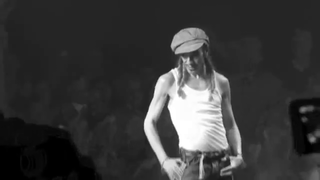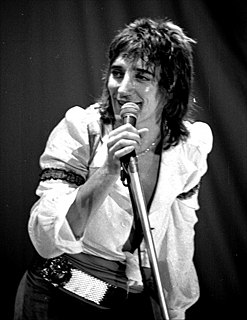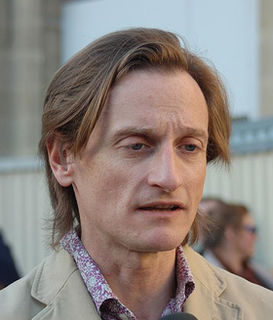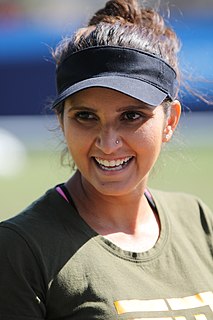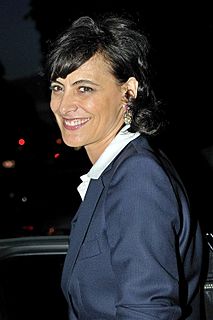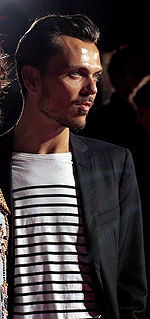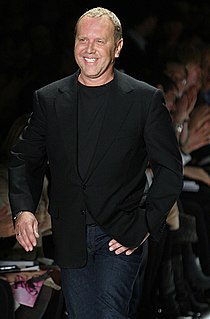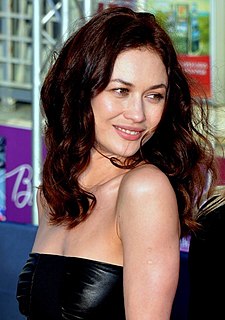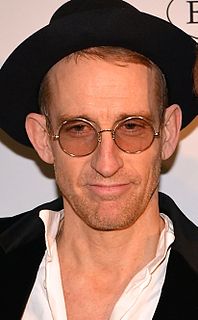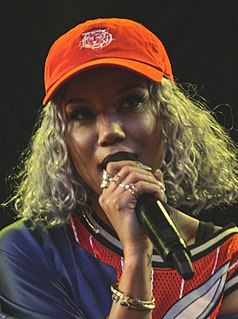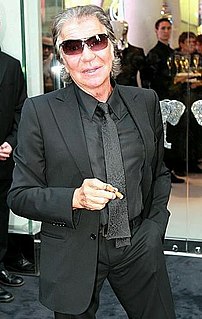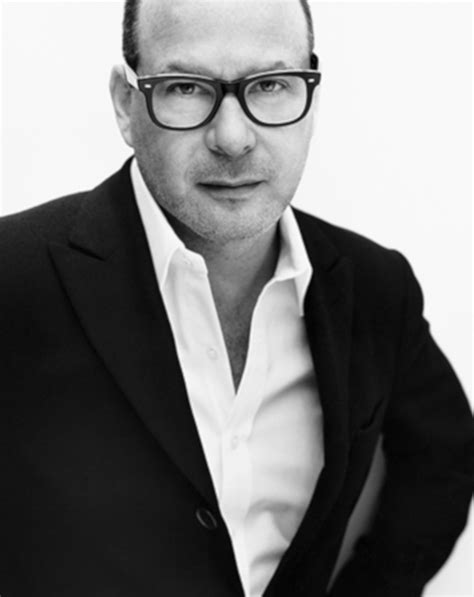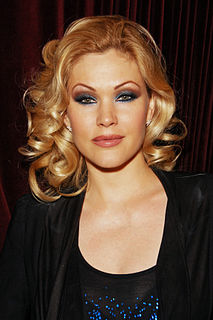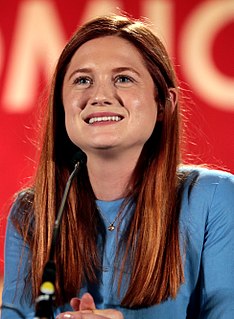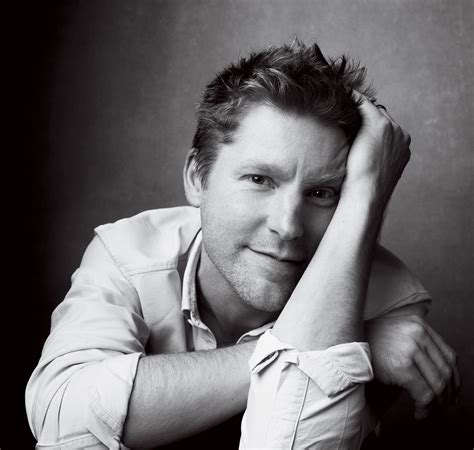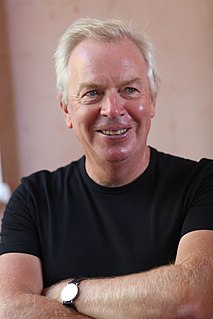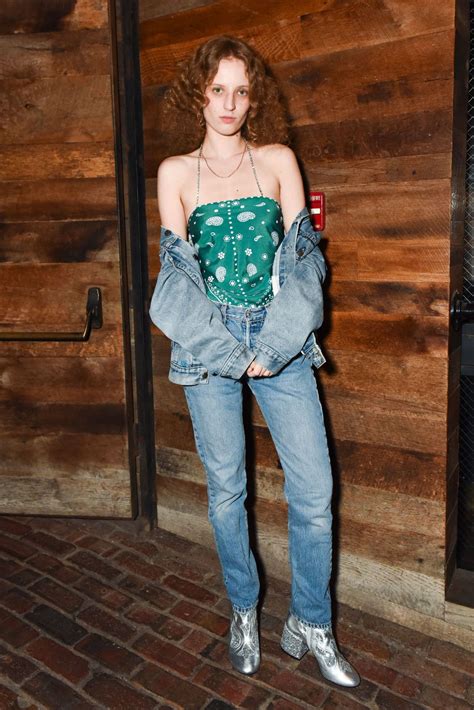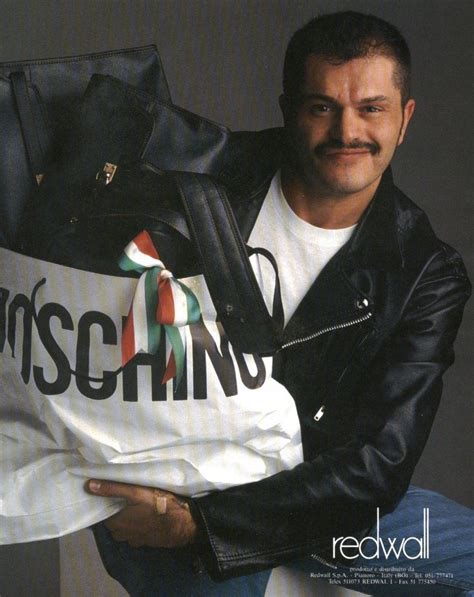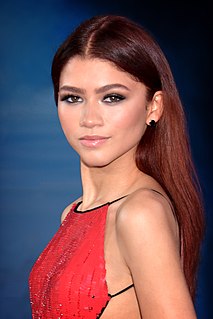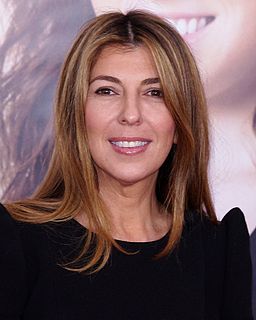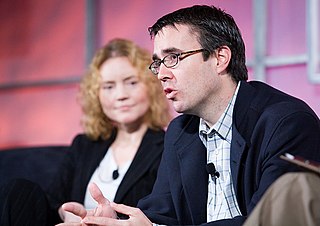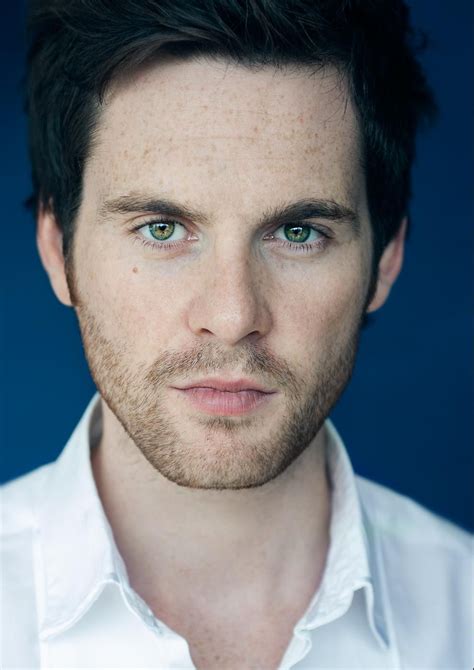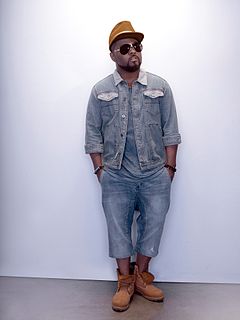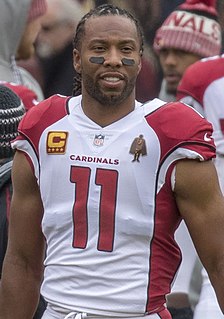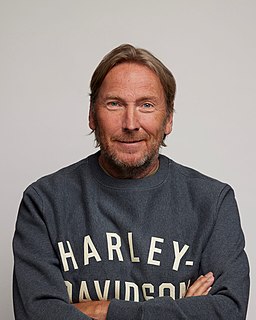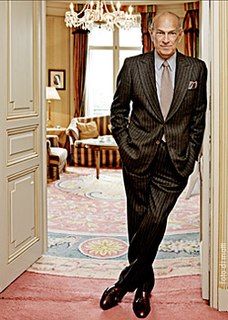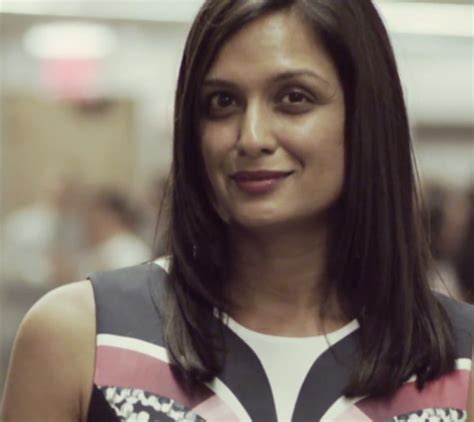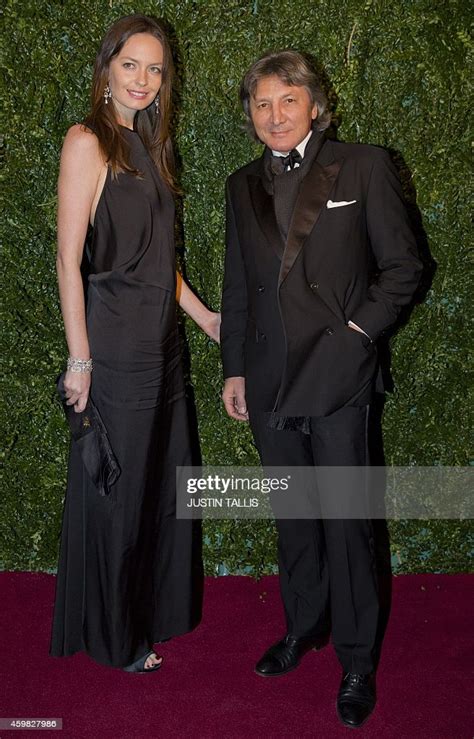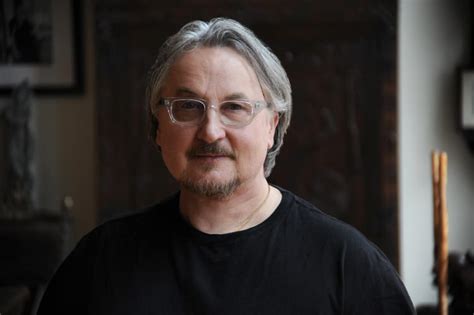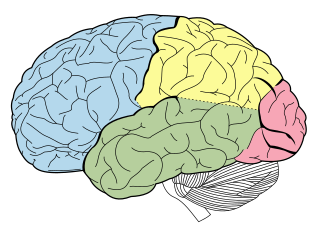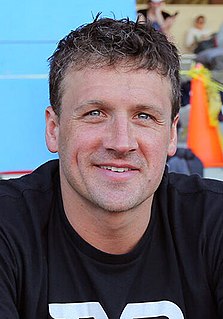Top 1200 Fashion Model Quotes & Sayings - Page 16
Explore popular Fashion Model quotes.
Last updated on December 19, 2024.
McQueen was daring, original, exciting. He shook up the establishment with his creativity and understood what it takes to be a great British ambassador for fashion. I admired him very much. He was a fashion revolutionary that, like me, made the journey from [Central] Saint Martins to Paris where he put his own unique mark on the industry. He will not be forgotten.
I think fashion is repulsive. The whole idea that someone else can make clothing that is supposed to be in style and make other people look good is ridiculous. It sickens me to think that there is an industry that plays to the low self-esteem of the general public. I would like the fashion industry to collapse.
My country's history, Mr. President, tells us that it is possible to fashion unity while cherishing diversity, that common action is possible despite the variety of races, interests, and beliefs we see here in this chamber. Progress and peace and justice are attainable. So we say to all peoples and governments: Let us fashion together a new world order.
I've done things that can be made fun of. It's not such a bad thing. If I'm going to end up a role model, then I'd rather not end up being the kind of role model that pretends to be perfect, and pretends that she always has the right thing to say. I'm a product of role models that didn't make me feel like I was as good as them.
I really don't think about making fashion statements. Just like any other woman or girl, I like to dress up. I think I'm fortunate enough to be dressed by some of India's best designers and to have the opportunity to wear their wonderful creations. But I have never made a conscious effort to try and be a fashion icon or something.
Fashion is made up of paradoxes. There was a key moment in fashion. When the Japanese first arrived - Comme des Garçons, Yohji Yamamoto, and all - I have to humbly admit that I didn't understand the importance of it at all. It was Jean-Jacques Picart who explained it to me. They had a huge influence in that they showed that aestheticism could be different from prettiness, that there was beauty and that beauty was beyond pretty.
I think the biggest shift is the way people look at and have access to fashion. It's already old the minute you've seen it, and we've already moved on. Fashion has become very in and out. Back in the days when I started, you would wait for Vogue to come out, and that is where you would see what people wore that month. Now we are looking at what someone is wearing this second.
I know this sounds weird, but I was into storyboarding when I was younger. I loved coming up with my own style through fashion blogs and magazines. But I've never liked trying things on. I don't know why. It was more about making mood boards. I've loved fashion my whole life, but more the imagery of it than actually wearing it.
Some guys are afraid of "fashion" even those this isn't really fashion. It's more "style". A lot of guys don't want to look like they care too much. The idea of standing in a fiting room and trying things on and saying, "How does this look?" I think maybe that experience is a little bit intimidating.
I guess I just developed more of an interest to actually be a part of the design, picking out the fabric and just being more involved. I never really considered myself a fashion person, but then I just realized that fashion is just another way of self expression and that's pretty much what I'm most passionate about.
In a way, that's also a recognition that Dante needs Virgil and that the Inferno needs the Aeneid and that the epic needs a model and that for Dante to write this great poem he needs someone to come before him and he turns to Virgil's text, especially book six where Aeneas goes down into the underworld. And for me, that's a model of the poet's relationship to previous poetry, to another poetry as calling out for guidance.
I think fashion is the only thing I'm fully suited to do because I am super impatient, which I think is a good thing for fashion. I could never work on something for two years. I would do 20 things and finish none of them. I always admire people who have that ability to sustain something for that long a period.
Once I realised that my job as a model was to emote in front of the camera, I thought, 'Well now, I just have to add words, and I can do films.' But also, my success as a model made me more confident about becoming an actress because, just in case I failed, I thought, 'Well, you know, if I failed as an actress, I can do another job.'
I've always been very interested in fashion, but it is extremely important to me that the social and environment issues associated with the production of fashionable clothing are addressed. Made-By carries out really important work in transforming the fashion industry, and I am thrilled to support the organisation and help raise awareness of these ongoing issues.
I absolutely consider fashion a form of art. Of course, there is some fashion that is not art at all - it's utilitarian, made for the purpose of covering up. And there are a lot of people out there who put a lot of effort into looking awful. But there are also people putting the same amount of energy into making bad art.
I feel like fashion is becoming more inclusive, partly because the industry is finally getting that beauty exists in so many ways, and partly because thanks to Instagram, girls can create their own images, or remix images they're seeing in magazines and fashion shows, in ways that weren't possible before.
Models can be people, too. But the only way to do that is to kind of step up and keep doing new things that no one has thought of, from new websites to new blogs, a newscast, doing speeches, talking to kids. It kind of opens a new headline every time: 'Oh, a model hasn't done this before; a model hasn't done that before.'
In the model that we grew up with, governments rule physical territory in which national economies function, and strong economies support hegemonic military power. In the new model, already emerging under our noses, economic decisions don't pay much attention to national sovereignty in a world where more than half of the one hundred or two hundred largest economic entities are not countries but companies.
What I really think is that our current model of copyright is fundamentally broken. We badly need to replace it with a different system for remunerating creators, which gets it the hell out of the face of the public (who were never aware of it to begin with in the pre-internet dead tree era). Unfortunately, the current copyright model is enshrined in international trade treaty law, making it almost impossible to work around.
In college, I was a painter, and I had a strong interest in fashion. I just like this concept of being able to dream something, materialize it, play with it and design it for the sake of someone else and for the sake of the joy in your own heart. So it's kind of like art that you're unattached to. It's art that you give away freely and I liked that about fashion.
By deafening ourselves to the emotional consequences of violence we have become confused by its relationship to sex. We have come to believe that violence equals aggression, and we have come to base our model of sexuality on our model of violence... converting an act of aggression into an act of consensual sexuality.
My aunt was Frances Hodges, who in the Fifties was the editor of 'Seventeen' and later one of the creators of 'Mademoiselle.' She was my Auntie Mame; she loved culture. She was a Quaker, but she became a milliner against all Quaker logic - they feel that fashion and art are vanities - because she loved fashion.
I went to London Fashion Week for the first time, after I got the job [on The Collection ], and it completely changed the way I perceived it. I thought, "This is a far bigger operation than I ever expected, and it has far more worth than I ever gave it before." It definitely changed my view of the fashion world.
I have no idea other than where my readers are located, roughly. They could be 12. They could be 50. I just haven't a clue. I'm hoping my readership is a little wider and broad than what the typical fashion blog gets. I have received emails from a 50-year-old lady in Tel Aviv who says I have revived her passion for fashion.
Today, every principle of identity is affected by fashion, precisely because of its potential to revert all forms to non-origin and recurrence. Fashion is always retro, but always on the basis of the abolition of the passé (the past): the spectral death and resurrection of forms. Its proper actuality (its 'up-to-dateness', its 'relevance') is not a reference to the present, but an immediate and total recycling.
And then Gossip Girl completely blew open the door to fashion for me. I'd go to fashion shows and call my publicist and say, 'Can I wear that?' I think I became my own stylist by not knowing any better. And once I was told it was time to get one, I thought: This is one of my favorite hobbies! And I'm going to pay someone to steal my hobby from me? That's a terrible idea!
We decided that sports, lifestyle and fashion were three elements that could be mixed together to a very unique formula. That's what we did: make Puma a very sports-fashion brand when, at the times, everybody talked about sports and sports performance and functionality. We said, 'Well, it's about more.'
Today, there is no fashion, really. There are just... choices. Women dress today to reveal their personalities. They used to reveal the designer's personality. Until the 70s, women listened to designers. Now women want to do it their own way. There are no boundaries. And without boundaries, there is no fashion.
A lot of times, professional athletes say, 'I'm not a role model; I'm an athlete.' I don't mind being a role model because I know what I've done in order to make it to where I am right now. It's a lot of hard work; it's a tremendous amount of hard work. But in order to be make it to a certain level, everybody knows it's going to take time.
Fashion Week was at Bryant Park and there were a few shows like Marc Jacobs, or when Alexander McQueen came to town, that were offsite, Helmut [Lung] was offsite, but it was very intimate. It wasn't the way it is today where you have a thousand people at the show. You may have had 200 to 250 and it was really the trade and you know fashion greats.
To fix the business, to bring it back to health, you must assimilate enough of the disruptive innovation to modernize the operating model without jettisoning your business model. This typically requires new leaders and definitely requires new (if temporary) rules. The CEO is the only person who can dictate the correct terms in a timely manner and maintain the enterprise's commitment to those terms for the duration of the rehabilitation effort.
Fashion is also a form of art, and like every kind of art, it has its own way of expression. In other words, if a dress looks better on a thin girl, on a catwalk, during a very specific moment of time and space then it's represented as part of a "fashion Show". It is after all a "Show" and it has to be understood by people that it is a "show" and not real life.
But if the brain is not like a computer, then what is it like? What kind of model can we form in regard to its functioning? I believe there's only one answer to that question, and perhaps it will disturb you: there is no model of the brain, nor will there ever be. That's because the brain, as the constructor of all models, transcends all models. The brain's uniqueness stems from the fact that nowhere in the known universe is there anything even remotely resembling it.
Anything I do, I do with 110 percent. Right now, my biggest goal is the 2016 Olympics. My main focus is that. But after the sport of swimming-when it's all said and done-I want to get involved in fashion. I want to design my own clothing line. I'm very into fashion. It's something I really want to focus on when swimming is over.
